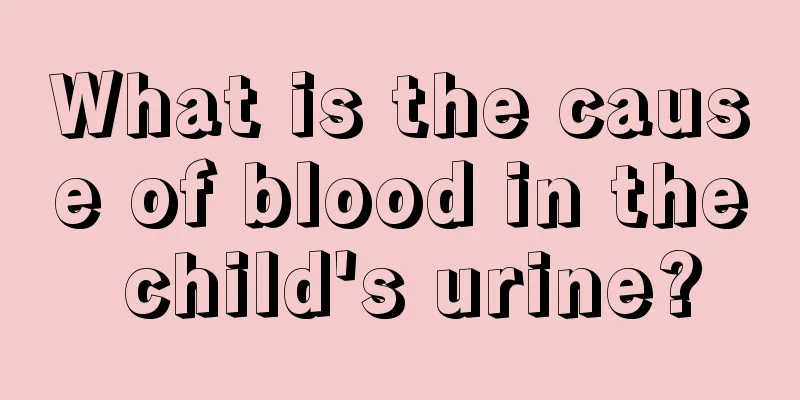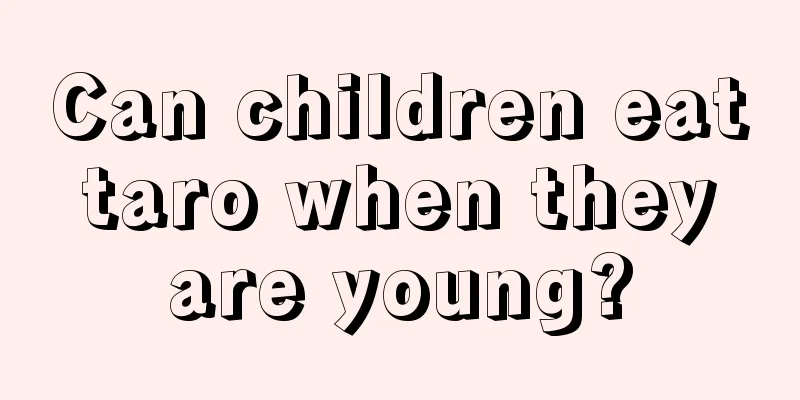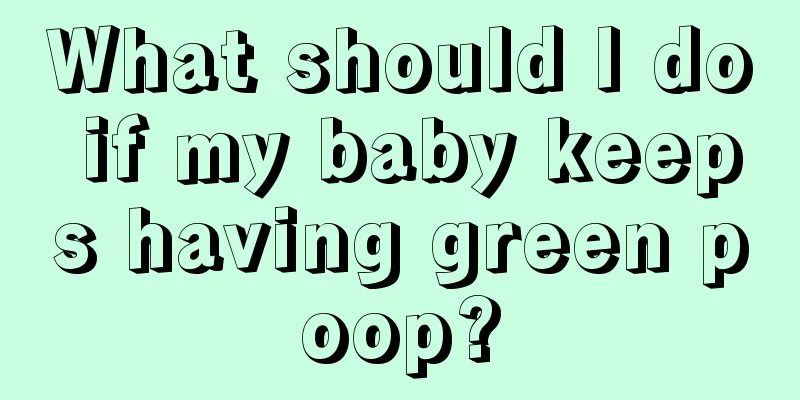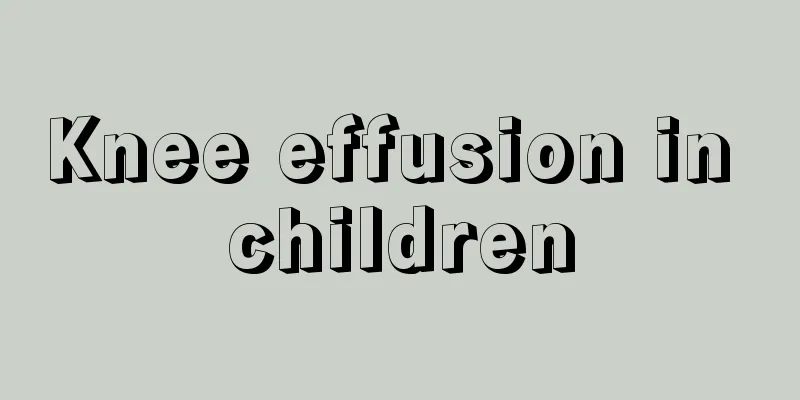What is the cause of blood in the child's urine?

|
Only parents' careful care for their children can enable them to grow up healthily. This requires parents to pay more attention to some abnormal conditions of their children. So what does it mean if a child has blood in his urine? Although blood in the stool is common, it may also indicate a problem with the digestive system. First, we need to consider the infection of the urinary system; second, we need to consider the situation of stones; third, we need to consider whether it is related to kidney disease. The following diseases may cause hematuria in children: 1. Urinary tract infection When the urinary tract is infected, children may have hematuria. In addition to hematuria, it is usually accompanied by irritating symptoms such as frequent urination, urgency, and pain when urinating. Infants may also show fever, refusal to eat, crying during urination, etc. Of course, some children simply have hematuria as the first symptom. Hematuria caused by urinary tract infection can usually be confirmed by urine culture + drug sensitivity test to see whether the cause of the infection is bacteria, virus, mycoplasma, fungus or parasites. 2. Stones The urinary system is a plumbing system, and normal function can only be maintained if the lumen is unobstructed. When stones form in the urinary system, the blood vessel walls of the urinary tract may rupture and bleed, resulting in hematuria. Stones in the kidneys, bladder, and urethra can all cause hematuria. This type of hematuria caused by stones is usually accompanied by upper abdominal or lumbar colic when urinating. 3. Acute glomerulonephritis Some children may also experience hematuria after catching a cold. This is because when the cold virus invades, the body's immune function is disrupted, and the viral antibodies in the body combine with the bacteria to form an immune complex, which circulates through the blood to the kidneys and finally deposits on the glomeruli, causing acute nephritis. In addition, streptococcal infection (such as purulent tonsillitis) is also a common cause of nephritis. Children with acute nephritis generally do not experience pain when urinating, but may have fever, oliguria, blood in the urine or proteinuria (i.e. increased foam in the urine), edema, etc. Children are often sent to the hospital for treatment due to edema. After active treatment, acute nephritis generally recovers well and regular check-ups are sufficient after discharge from the hospital. 4. Kidney damage Children's kidney tissue is relatively fragile and has poor defense against external forces. When strong external forces such as falls occur, it is easy to cause kidney injuries such as renal contusion, renal laceration, and renal pedicle injury. The most common symptom of children with renal injury is hematuria. Children also like to lie on the injured side and bend their legs to relieve pain due to pain in the waist and abdomen. In addition to kidney damage caused by trauma, another common type of kidney damage is kidney damage caused by drugs, which is mostly caused by human factors. Some parents use medicine irrationally when feeding their children, such as using several drugs together, repeating in a short period of time, superimposing medication, and using excessive dosages. As a result, the blood drug concentration is too high in a short period of time, leading to hematuria. Therefore, to prevent the occurrence of drug-induced hematuria in children, parents should pay attention to following the doctor's orders when giving medication to their children, strictly control the dosage and indications, and if nephrotoxic drugs need to be used due to the need for disease, they should also pay attention to monitoring renal function to avoid or reduce damage to the kidneys. 5. Renal purpura Allergic purpura is a capillary allergic disease with extensive small vessel inflammation as its pathological basis. Typical symptoms include purpura on the skin, of which renal purpura is common in the acute or recovery phase of allergic purpura. When skin purpura is not obvious, renal purpura is often easily mistaken for nephritis or kidney disease. When renal purpura occurs, kidney changes are mostly focal glomerular lesions, and clinically there may be macroscopic hematuria, microscopic hematuria, and proteinuria. Therefore, patients with allergic purpura should also undergo routine urine tests to avoid delaying the disease. 6. Others Some systemic diseases such as blood diseases, rheumatic diseases, metabolic diseases, and vitamin K and vitamin C deficiency can also cause hematuria. |
<<: What is the cause of blood in the urine of children?
>>: Why does my baby’s pores stand up when he has a fever?
Recommend
3-year-old baby has white dandruff on his scalp
In fact, children now often wash their hair, beca...
Can children drink pregnant women's milk powder?
During pregnancy, many pregnant women drink milk ...
What causes a girl's stomach ache?
As we all know, children are more lively and acti...
Can Iodine be used on baby wounds?
Injuries not only happen to adults, but babies ha...
What are the benefits of eating bird's nest for children
Bird's nest is rich in water-soluble protein ...
What to do if baby has BCG abscesses
Some babies need to be injected with BCG vaccine ...
What to do if your child cannot speak clearly
Children have a strong learning ability and a hig...
What are the symptoms of babies not adapting to the new environment?
The improvement of people's living standards ...
One year and nine months old baby constipation
If you eat spicy food and don't drink much wa...
What causes precocious puberty
Nowadays, the reasons that may lead to precocious...
What should children eat to nourish their stomachs?
Children are a relatively special group. Every me...
What are the symptoms of bronchial asthma in children?
Because children's immune mechanisms are not ...
What causes nose bleeding in children?
Children are prone to nosebleeds, so parents shou...
Methods for checking zinc deficiency in babies
Nutrition is the basis and key to maintaining the...
Can adolescent children grow taller?
Our country's economy continues to develop an...









